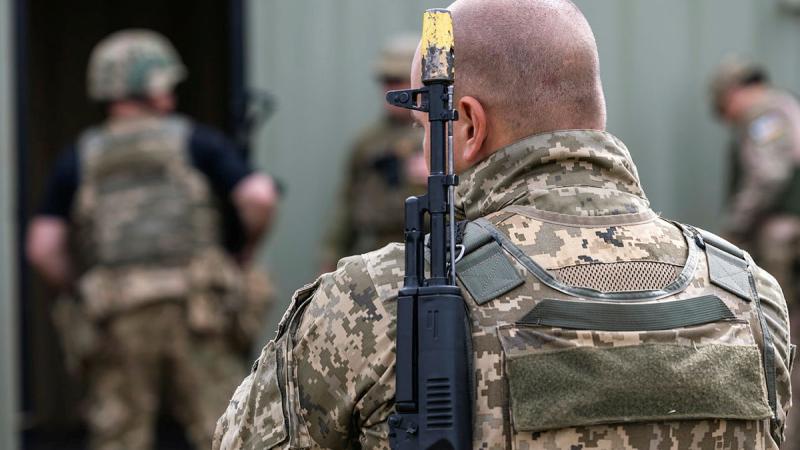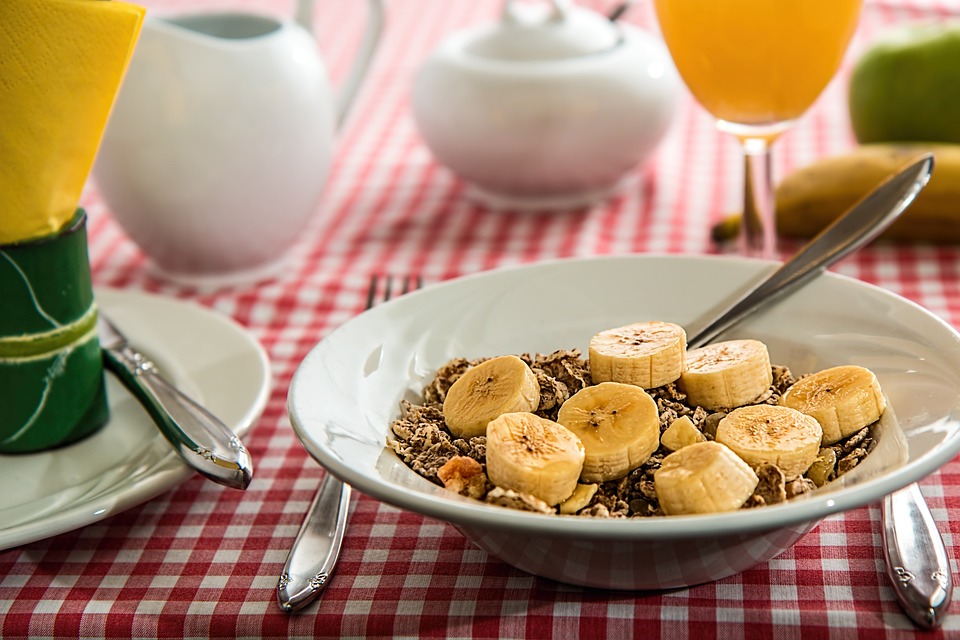Campers and holiday-goers are being urged to check, and safely transport and use their gas appliances this Easter break.
At the Broadwater Tourist Park on the Gold Coast today, Energy Minister Dr Anthony Lynham had a serious message for families enjoying the Queensland weather.
“In the wake of a barbeque gas bottle explosion that injured a Brisbane teenager earlier this week it is timely to remind everyone that liquefied petroleum gas and butane appliances are dangerous if stored, transported, or used incorrectly,” Dr Lynham said
“While the incident this week happened at home, campers need to be even more vigilant when it comes to gas safety as equipment and gear can become damaged while it’s collecting dust in the shed.
“When you’re packing up the rig and family for the break, you should check if any of the equipment has been recalled since you last used it, secure all your gas bottles during transport, and when you set up camp make sure gas connections are secure.
“Since last Easter, more than 10,000 butane cookers have been recalled nationally by the Australian Competition and Consumer Commission. So, campers should check the ACCC website.”
Principal Gas Inspector Don Harris said the most common cause for portable gas appliance explosions, gas leaks or fires was people not following the manufacturer’s instructions.
“While most people involved in gas accidents escape with minor burns, this year we’ve already seen three serious incidents where individuals suffered severe burns and other injuries,” he said.
“Holiday-goers should check the instructions to safely transport, connect and use gas barbeques, refrigerators, camp stoves, and lanterns.
“Remember to always use gas appliances in well ventilated areas, check gas connections for damage or faults, keep gas bottles away from hot surfaces, and turn off gas bottles when you’re not using them.”
Dr Lynham said during peak camping season it was particularly important for neighbours to look out for each other when setting up and lighting their barbeques.
“Campsites at Easter are packed. So, don’t forget to keep children and others at a safe distance when you light up. If any leaks are detected or suspected, turn the gas bottle off, move yourself and others away from the area, and don’t use the equipment again until all the gas has dispersed and it’s confirmed to be safe.
“And any experienced camper knows it’s worth it to keep a portable, dry chemical fire extinguisher nearby.”
Dr Lynham said dodgy gas installs also posed a risk to Queenslander’s safety this Easter.
“Our inspectors investigate roughly 100 dodgy gas installs each year, and since introducing infringement notices in 2016 we’ve given out more than $55,000 in fines to business and individuals for unlicensed gas work and unapproved gas appliances,” he said.
“A fire from a poorly-maintained, or unsafe gas bottle or appliance is a sure-fire way to ruin your barbeque or entire holiday.
“Don’t risk it—get a gas fitter to do the job, check your appliances for damage, and look at the manufacturer’s instructions.”
Other gas safety tips:
- Look for any damage or faults in your gas hose and fittings – fading, fraying, cracking or splitting fittings and hoses or missing ‘O’ ring seals.
- Check the test date on liquefied petroleum gas cylinders and look for any signs of damage on the cylinders or valves such as corrosion and damaged or clogged connectors.
- Empty the grease tray on your BBQ as overfilled drip trays can become highly flammable.
- Turn off your appliances off at the gas bottle first.
- Ensure your gas bottles are stored outside in a well-ventilated space, standing upright and away from an ignition source.
- Spray or sponge soapy water onto connections to check for bubbles to ensure there are no leaks.
- Only operate portable gas appliances outside, not inside a house or confined space where lethal carbon monoxide gas can build up.
- Gas bottles must be transported safely. Secure them while travelling and ensure a plug is fitted in the valve outlet and tightened to prevent gas escape if the valve handle is knocked during transport. Rules for transporting gas bottles inside a vehicle can be found and for on the outside of a vehicle .






/SSM-49520_AoA_AppliedMechanicsLab_(DynamicsLab)241001-131027q10.jpg/_jcr_content/renditions/cq5dam.web.1280.720.jpeg)

